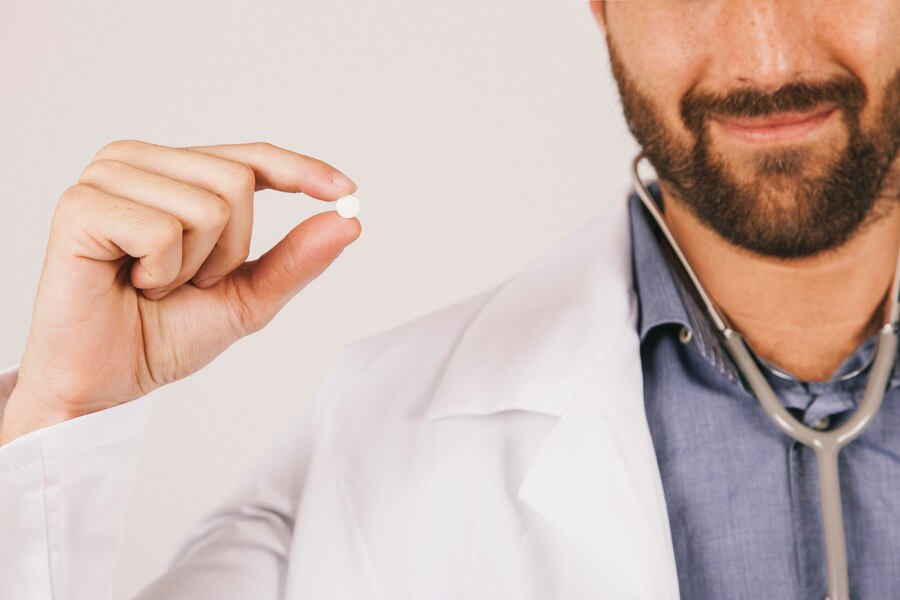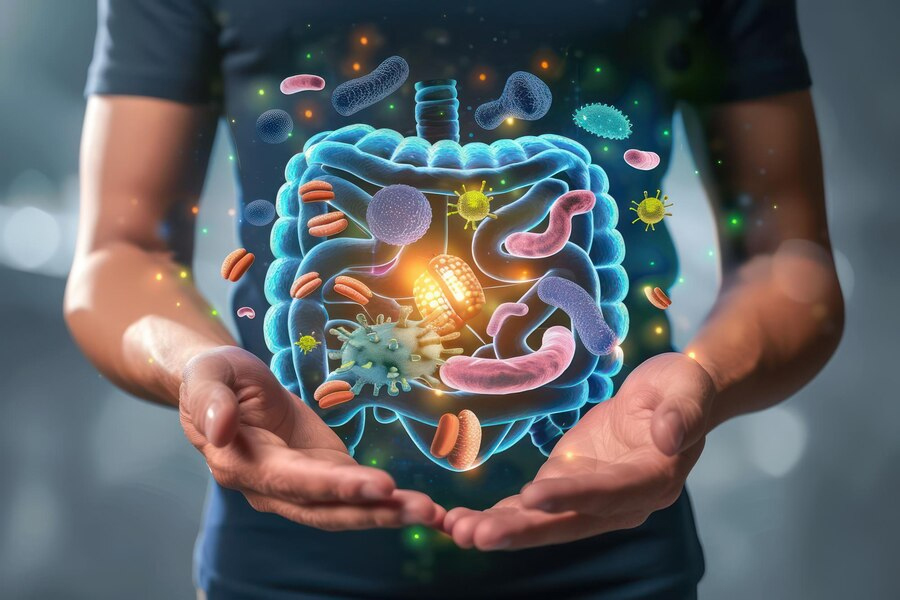
Irritable Bowel Syndrome (IBS) is a chronic condition without a cure, but its flare-ups can be managed through dietary modifications and medication. People with IBS usually experience a dramatic change in their gut flora, also called dysbiosis. Dysbiosis is when the balance of bacteria in the gut becomes disrupted, leading to an imbalance with certain types of bacteria being more prevalent than others.
Table of Content:-
This is when probiotics can help. Probiotics, containing live bacteria, may help alleviate IBS symptoms and restore normal digestive function. Read to know all about it in detail.
Also Read: Are Packaged Yoghurt Good? Expert Shares Difference Between Homemade and Dairy Products
What Are Probiotics?

Dr Pawan Rawal, Head Unit-1, Gastroenterology, Artemis Hospitals, Gurgaon, describes probiotics as live microorganisms mainly found in fermented foods like yoghurt, kefir, sauerkraut, kimchi, and kombucha, as well as in supplement form.
Probiotics usually help in maintaining a balance between beneficial and harmful bacteria in the digestive system, which is important for digestion, immune function, and mental health. They also help in breaking down food, produce essential nutrients like vitamin K and short-chain fatty acids, and support the gut lining, reducing inflammation and preventing harmful bacteria from overgrowing.
Health Benefits Of Probiotics For IBS

According to Dr Rawal, while probiotics are not a must for all IBS patients, they can be beneficial for a lot of them. Some of the key benefits include:
Restoring balance in gut bacteria: IBS symptoms like bloating, diarrhoea, gas, and constipation are often caused by an imbalance in gut bacteria. Probiotics help restore the balance by introducing beneficial bacteria.
Reducing inflammation: Some studies suggest probiotics can help reduce inflammation in the gut and reduce IBS symptoms. According to a study published in the journal Frontiers in Immunology, different types of probiotics work in the gut and affect various immune cells. For example, some can lessen inflammation by boosting certain immune cells and reducing inflammatory molecule production. They may also improve allergy symptoms and help produce helpful gut antibodies.
Regulating bowel movements: Probiotics can help ensure healthy bowel movements, addressing issues like diarrhoea and constipation.
Reducing bloating: By improving digestion and gut balance, probiotics may help reduce bloating.

According to Dr Rawal, not all probiotics are equally effective for IBS; specific strains work better depending on the symptoms.
“Strains like Bifidobacterium infantis, Bifidobacterium longum, and Lactobacillus plantarum are especially beneficial for IBS patients, as they help in reducing bloating, gas, and abdominal pain. Lactobacillus rhamnosus GG is known for improving diarrhoea-predominant IBS, while Bifidobacterium breve may help with constipation,” he said, adding that multi-strain probiotics generally exhibit better results in comparison to single-strain supplements, as they target various aspects of gut health.
In an interaction with the OnlyMyHealth team, Dr Manoj Gupta, Head – Liver Transplant & Surgical Gastroenterology, PSRI Hospital, shares that probiotics can be found naturally in foods like yoghurt and other fermented products, or they can be taken as dietary supplements.
Some of the common strains used as probiotics include:
- Lactobacillus
- Bifidobacterium
- Saccharomyces
Other strains like Streptococcus, Haemophilus, and Lactobacillus bulgaricus also provide gut health benefits.
Also Read: Probiotic Rice Kanji: Why Is It The Best Detox For Your Gut Health? Know The Easiest Way To Make It
Considerations Before Taking Probiotics

It takes different amounts of time for people with IBS to see changes brought on by probiotics.
Most see improvement within 2-4 weeks of regular use, said Dr Rawal. He explained that probiotics need time to establish themselves in the gut and rebalance the bacteria. Some might feel relief sooner, especially with bloating, while others with more severe IBS may need more time.
How well they work also depends on the specific probiotic, the dose, your diet, and overall gut health.
While probiotics are usually safe, some people might have mild side effects at first, like bloating, gas, or stomach upset. These usually disappear as your gut gets used to them.
In rare cases, taking probiotics without medical supervision may worsen symptoms like constipation or diarrhoea, adds Dr Gupta. This is why it’s important to consult a doctor before starting probiotics, especially for people with weakened immune systems or existing health conditions.
Additionally, some probiotics can cause problems for people with histamine intolerance. Taking the wrong probiotic or too much might also cause digestive issues, and to avoid problems, start with a small dose and see how you feel. It is best to talk to your doctor before taking probiotics, especially if you have health problems like IBS.
Also watch this video
How we keep this article up to date:
We work with experts and keep a close eye on the latest in health and wellness. Whenever there is a new research or helpful information, we update our articles with accurate and useful advice.
Current Version